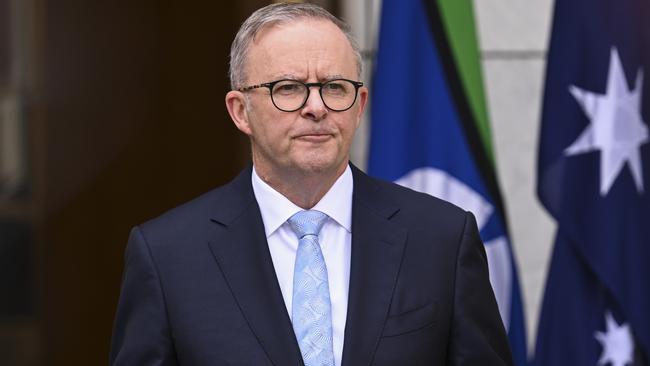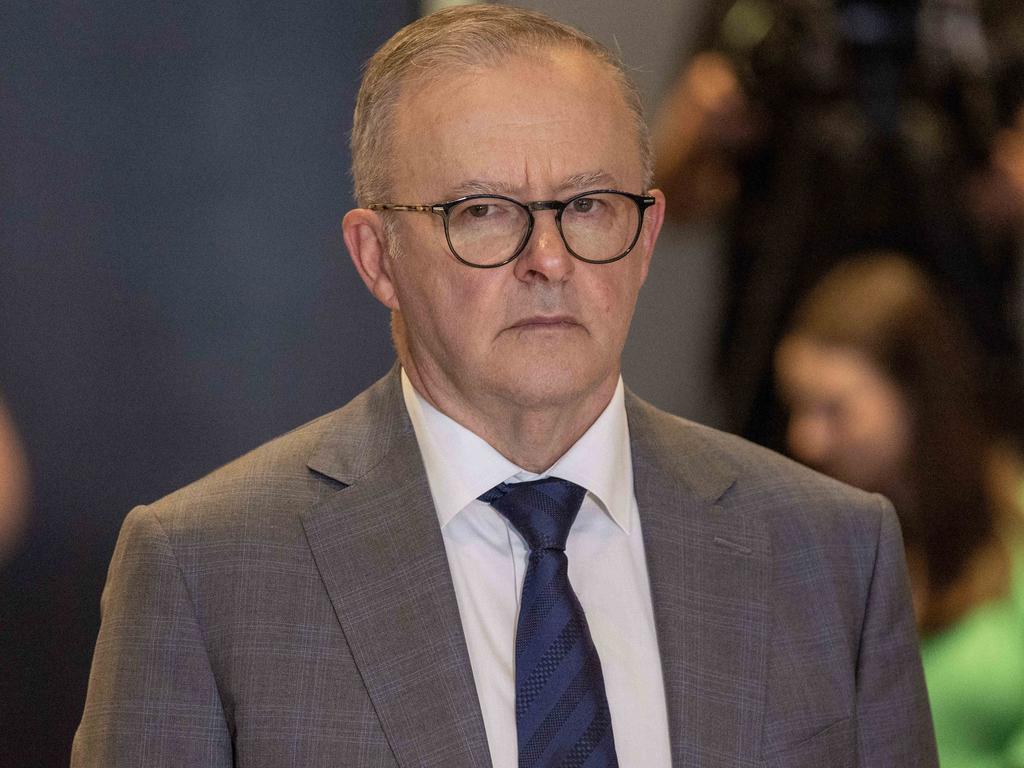
No government before has had to preside over such a rapid rise in interest rates since the central bank first assumed independent ownership of monetary policy.
Other leaders have weathered higher interest rate environments than this, and suffered the consequences, but none has seen the RBA go from zero to 100 in less than a year.
The government isn’t being blamed for it, yet. The opposition’s line of attack isn’t cutting through so far.
Labor’s electoral dominance over the Coalition remains strong, and Albanese’s own approval ratings – while on the downward slope – are still in positive territory.
So far it would seem that the “punters” understand and accept the premise that it’s not Albanese’s fault.
But all that could change very quickly.
After Tuesday’s hike - the 10th consecutive increase in the cash rate since May last year - reason and logic could easily give way to fear and loathing.
Albanese and Jim Chalmers will be starting to get nervous as the risk of a mistake by the RBA becomes ever more acute.
This edginess is now apparent in the argument some members of the government are mounting against corporates profiteering from inflation.
There is a shifting tone in language.
Even the Treasurer , whilst acknowledging many Australians “were under the pump”, tried to argue that rates started rising before the change of government. But Labor now own nine of the 10.
On one side, economists warn that the central bank hasn’t and isn’t doing enough on inflation – in other words it should be going harder on rates – while on the other there are those, such as the ACTU and the housing industry, accusing it of doing too much.
Either scenario has a perverse political outcome.
One mistake means an extended period of high interest rates and the other means people losing their jobs.
Of the two mistakes, you can take your pick as to which is the more politically dangerous for the government.
Albanese may well believe that short-term pain being delivered by the RBA may well be preferable to the mistake of not going hard enough and risk lingering inflation and a generally higher interest rate setting persisting through 2024 as it heads towards an election the following year.
The irony of the RBA’s independence in trying to manage this problem is that Albanese’s political fortunes are tied to the mast with Phil Lowe.
For Albanese, a lot has to go right and that means Lowe has to get it right.
Or as economist Chris Richardson puts it: “Albo is relying on Lowe to perform a triple pike whilst diving into a bucket”.







Jim Chalmers is making a valiant attempt to empathise with Australians being belted by the central bank, but the Albanese government is now hurtling into uncharted political territory.